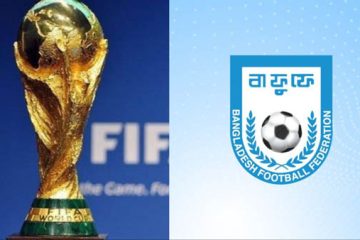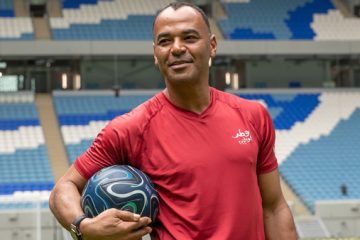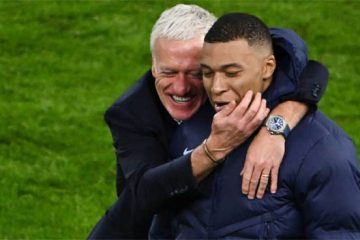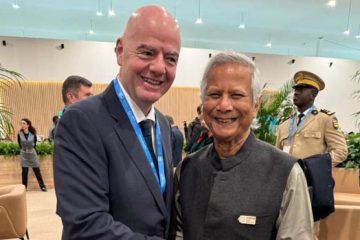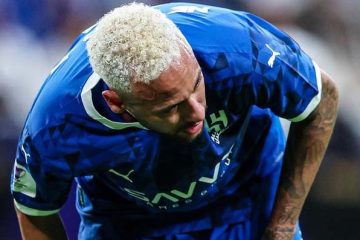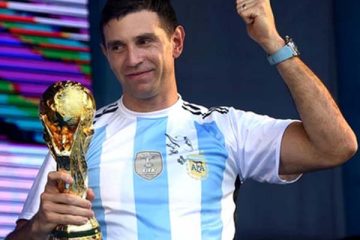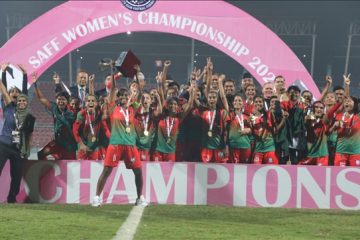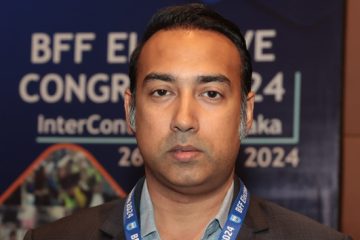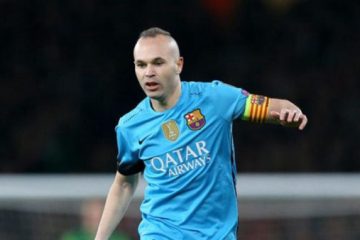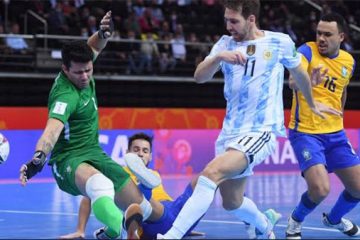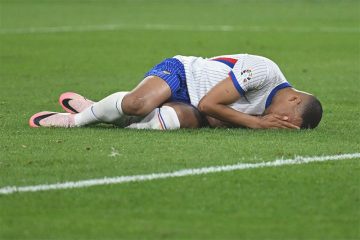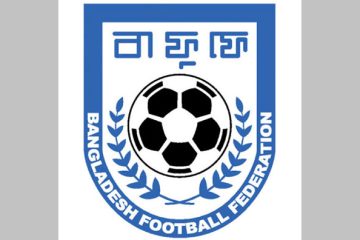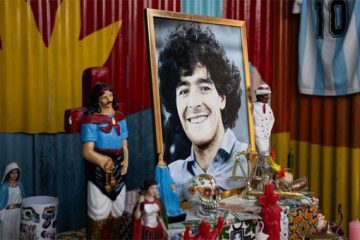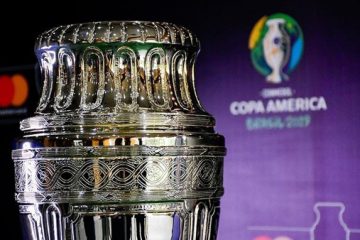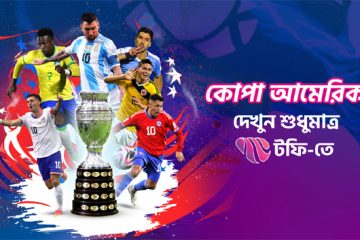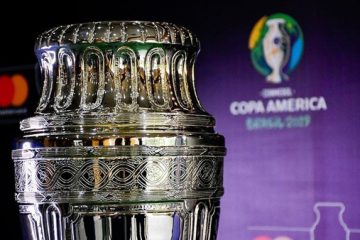World Cup
Group A (France, Mexico, South Africa, Uruguay)
No host nation has left the World Cup after the first round. South Africa don’t want to set a precedent, but they’re the weakest team in this group.
Bafana Bafana surely will get a rise from the local fans and the incessant sound from the blaring vuvuzelas, and they have quality players in midfielder Steven Pienaar and midfielder/defender Aaron Mokoena. They also have the toughest opening matchup possible in this group, against Mexico.
The Mexicans struggled early in CONCACAF qualifying, then came on when coach Javier Aguirre incorporated younger players. The best of those are forwards Giovani dos Santos, Javier Hernandez and Carlos Vela.
For Mexico to go far, they need more reliability on defence in front of ‘keeper Guillermo Ochoa.
Uruguay were the last team to qualify and did so with offence. Forward Diego Forlan is an elite player and running mate Luis Suarez isn’t far behind. Traditionally, they are among the most rugged teams in any tournament.
France lost the 2006 final to Italy on penalty kicks. It would be a shocker for the ageing French to get anywhere near the title game this time, despite having stars in revitalised midfielder Franck Ribery, and forward Nicolas Anelka. If it comes down to handballs, though, the French might be unbeatable. The French got one in a critical qualifying win over Ireland.
Group B (Argentina, Greece, Nigeria, South Korea)
The spotlight will glare on the world’s best player, Argentina’s Lionel Messi, and the nation’s greatest soccer legend, Diego Maradona, now the coach. Maradona has yet to match his on-field brilliance with brainy sideline decisions.
The talent is there for the Argentines to go deep into the tournament they’ve won twice. Messi will have loads of help on attack from Gonzalo Higuain, Angel Di Maria, Diego Milito and Carlos Tevez. In midfield, Javier Mascherano can be masterful.
Questions abound concerning the defence, though, after it struggled in qualifying. Still, there isn’t a lot of danger on offence among the other three group members.
Nigeria normally would be the best bet to challenge the Albiceleste, but this is not the wild bunch that traditionally chucked aside defence while winning. Coach Lars Lagerback is conservative (to be kind), and captain Joseph Yobo is his mainstay on the back line.
South Korea have become a regular on the World Cup scene, but matching their run at home to the semi-finals eight years ago could be the impossible dream. The Koreans will be fast and diligent, led by midfielders Park Ji-sung and Lee Chung-yong, both English Premier League players.
Greece play for 1-0 wins or draws and have little imagination. Still, they won the 2004 Euros that way.
Group C (Algeria, England, Slovenia, United States)
A marquee matchup on the tournament’s second day has the English against the Americans for only the second time in a World Cup — guess who won the first match, in 1950. Yep, the Yanks.
While England have injury concerns and issues on defence and in goal, their players also are far more tested at the highest level. In striker Wayne Rooney, the English have a difference maker. If Steven Gerrard and Frank Lampard perform for the national squad the way they do in the Premiership, England will prosper.
Second place should belong to the Americans, who must plug gaps on defence and are relying on several players — Oguchi Onyewu, Carlos Bocanegra, Jay DeMerit — who might not be fully fit.
Rarely has the United States had the scoring prowess they bring to South Africa. Midfielders Landon Donovan and Clint Dempsey are peaking, and DaMarcus Beasley has made a terrific comeback from poor play and could become a starter again.
Slovenia are the smallest nation in the tournament, and pin big hopes on ‘keeper Samir Handanovic and midfielder Robert Koren.
Algeria, the only Arab country to qualify, tend to get flustered when things go badly. To make things go well, Rafik Djebbour and Abdelkader Ghezzal must find their scoring touch.
Group D (Australia, Germany, Ghana, Serbia)
As tough a group as you can get, and Ghana are operating without key midfielder Michael Essien, while Germany have a similar problem with midfield leader Michael Ballack sidelined.
Underestimating the Germans always is a mistake, as they proved two years ago at the European Championship by making the final. There certainly are holes, especially at ‘keeper: Robert Enke committed suicide last November.
But there also are strengths, particularly on attack with the masterful Philipp Lamm, the powerful Lukas Podolski and the opportunistic Miroslav Klose.
All three opponents could test the Germans, particularly the Serbs with their sometimes-impenetrable defence. Nemanja Vidic of Manchester United might be the best central defender in the world, and ‘keeper Vladimir Stojkovic is top notch. Now, can Serbia score enough to advance?
Minus Essien, Ghana aren’t as formidable, but still appear better than they were in 2006, when they made the second round. A heavy load will be placed on forward Asamoah Gyan and midfielder Stephen Appiah of Bologna.
Australian ‘keeper Mark Schwarzer excelled all season with Fulham. The Socceroos are experienced and don’t get rattled.
Group E (Cameroon, Denmark, Japan, Netherlands)
The Dutch should breeze here, but we’ve heard that before, only to see them struggle.
Few teams can match the Netherlands for creativity, and there’s plenty of depth and star power. Arjen Robben, Robin van Persie, Dirk Kuyt and Wesley Sneijder all are threats to lead the tournament in scoring.
But longtime goalkeeper Edwin van der Saar is gone, with Maarten Stekelenburg stepping in, a tough task for the Ajax ‘keeper.
Denmark come off a superb qualifying run and have some scoring power with Nicklas Bendtner, Jon Dahl Tomasson and Dennis Rommedahl. Like the Dutch, the Danes have some worries in front of the net because ‘keeper Thomas Sorensen has not played in a game since April 24, when he dislocated his right elbow.
For the Danes to elbow their way into the second round, a victory over Cameroon likely is the key. The not-so-Indomitable Lions haven’t roared all that loudly on the international stage since their stunning World Cup performances in the 1990s and two African championships (2000 and 2002). They do have a world-class star in striker Samuel Eto’o.
Japan haven’t won a World Cup game outside their borders and probably won’t get one this time.
Group F (Italy, New Zealand, Paraguay, Slovakia)
Defending champion Italy have lots of familiar faces from the 2006 success, led by ‘keeper Gianluigi Buffon and defender Fabio Cannavaro. Coach Marcelo Lippi left the national team after the Azzurri won their fourth world title, but then returned and has displayed loyalty to many players. That could cost the Italians in the end, because there’s been only a modicum of youth injected into the squad.
Still, the Italians are solid on the backline and have creativity in Andrea Pirlo, Daniele De Rossi and Alberto Gilardino.
Paraguay come in hopeful such key players as forwards Roque Santa Cruz, Lucas Barrios and Oscar Cardozo are fit. This team needs offence to succeed, although ‘keeper Justo Villar has extra incentive after getting hurt early in Paraguay’s 2006 Cup opener and missing the rest of the event.
Slovakia has a father-son duo in coach Vladimir Weiss and midfielder Vladimir Weiss. They don’t have a lot of scorers.
New Zealand might be the weakest team in the field, though they have two Premier League regulars in defender and captain Ryan Nelsen of Blackburn, and striker Chris Killen of Middlesbrough.
Group G (Brazil, Ivory Coast, North Korea, Portugal)
Perhaps the most exciting group because of the scoring potential of Brazil, Ivory Coast and Portugal, and the mystery of North Korea.
These Brazilians don’t bring the samba style of their classic teams and likely will use two defensive midfielders under coach Dunga. The skilled offensive buildup won’t be in evidence as much, but with Kaka, Luis Fabiano, Robinho and Nilmar, they can finish. Still, their key players might be ‘keeper Julio Cesar and defenders Maicon and Lucio.
The Ivorians have a star scorer in Didier Drogba, who is aided by brothers Yaya and Kolo Toure, and probably are the top African team in the tournament. But the defence is suspect. However, following an injury to his right arm in a friendly international against Japan last Friday, the African skipper is a major doubt for the tournament, which could severely affect his team’s chances of success.
Portugal have struggled since losing in the Euro 2008 quarter-finals, but have Cristiano Ronaldo, unquestionably the most notorious diver in an event filled with them. He also was the 2008 world player of the year, and gets help from Nani and Deco.
What do the North Koreans have? Who knows?
Group H (Chile, Honduras, Spain, Switzerland)
European champion Spain rarely do well at the World Cup, but this is their best team ever, including stars Xavi, Andres Iniesta, David Villa, Fernando Torres and Iker Casillas. Despite recent injuries, they should glide through this bunch, although there are easier groups.
Chile and Honduras can score, but both also can struggle defensively. The Chileans had 32 goals in becoming the surprise team of South American qualifying. Honduras sneaked in during the final minutes of CONCACAF qualifying.
The Swiss showed little while co-hosting Euros two years ago, but unlike Austria, at least they made the World Cup field.
Watch for a couple of Suazos who find the net with regularity: Chile’s Huberto and Honduras’ David. And don’t take your eyes off of the Spaniards, who play the Brazilian ‘jogo bonito’ better than Brazil do these days.

